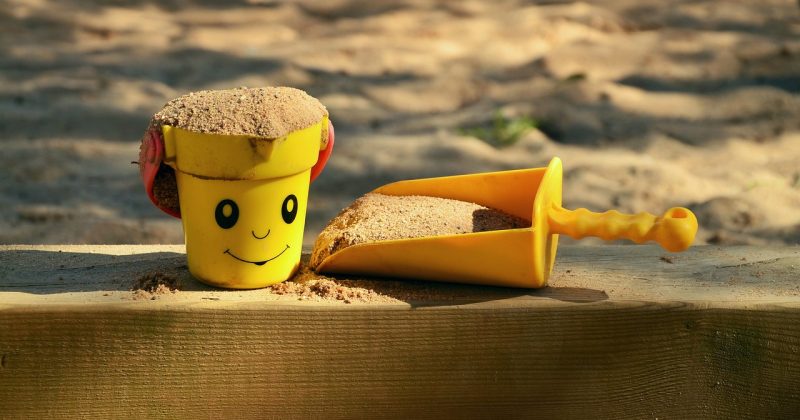Susan O'Rourke | August 23, 2023

Capture the flag, freeze tag, nerf football, koosh, and playground basketball were some favorite games the UNC World View team played growing up and discussed as we thought ahead to National Play Outside Day. Celebrated the first Saturday of each month, National Play Outside Day encourages children of all ages, their families, and their teachers to get outside, get active, and get into nature if they can.
Research has shown that play is integral to childhood development. In addition to promoting children’s physical wellbeing and development, playtime gives children the opportunity to learn critical interpersonal skills like communicating with peers, developing empathy, following instructions, and respecting boundaries. Yet there appears to be something special about playing outside and being out in Nature.
According to the American Psychological Association, “From a stroll through a city park to a day spent hiking in the wilderness, exposure to nature has been linked to a host of benefits, including improved attention, lower stress, better mood, reduced risk of psychiatric disorders and even upticks in empathy and cooperation.” One study found that “green spaces near schools promote cognitive development in children and green views near children’s homes promote self-control behaviors.”
The powerful impact of the outdoors has been studied around the globe. “In one example,” the APA notes, “Australian researchers asked students to engage in a dull, attention-draining task in which they pressed a computer key when certain numbers flashed on a screen. Students who looked out at a flowering green roof for 40 seconds midway through the task made significantly fewer mistakes than students who paused for 40 seconds to gaze at a concrete rooftop (Journal of Environmental Psychology). In a large study conducted by the European Centre for Environment & Human Health at the University of Exeter, researchers “found that people who spent two hours a week in green spaces — local parks or other natural environments, either all at once or spaced over several visits — were substantially more likely to report good health and psychological well-being than those who don’t.”
The Real Play Coalition, an organization run by UNICEF, National Geographic, Arup, IKEA and LEGO Foundation, both affirms that play is “an essential right for children to thrive now and in the future” and created an initiative to support communities around the world that might face challenges in creating “accessible and inclusive” play spaces. Educators can learn more about initiatives to promote play in Milan, Italy; Cape Town, South Africa; and London, England.
In preparation for National Play Outside Day, consider introducing students to “10 Popular Games from Around the World” that might pique their interest and get them excited about being outdoors!
Let us know what outdoor activities you enjoy at home or when you travel to a new place!
